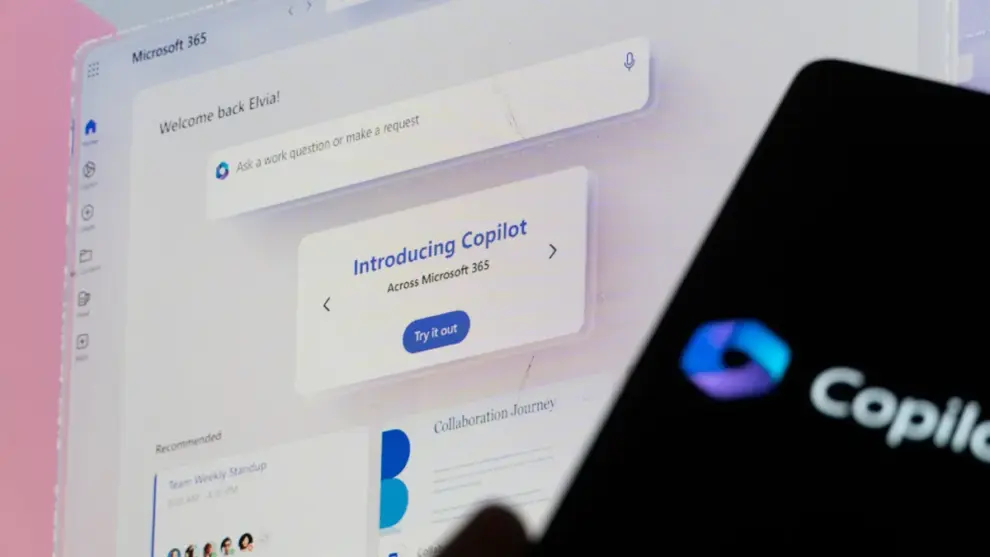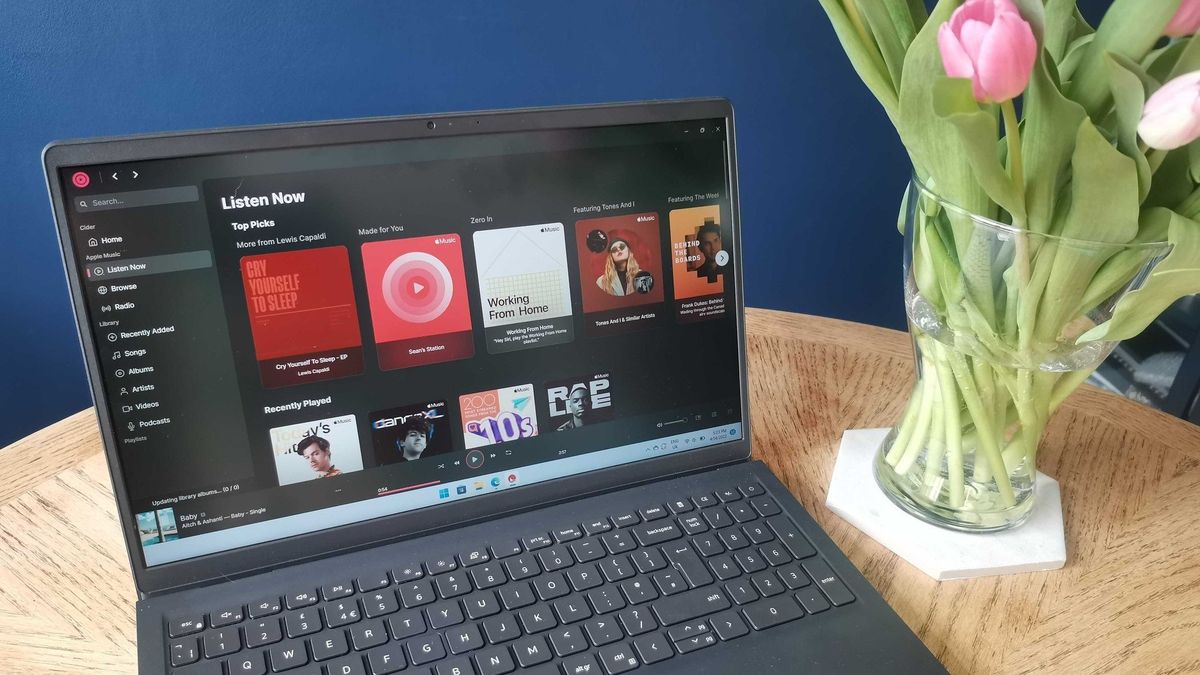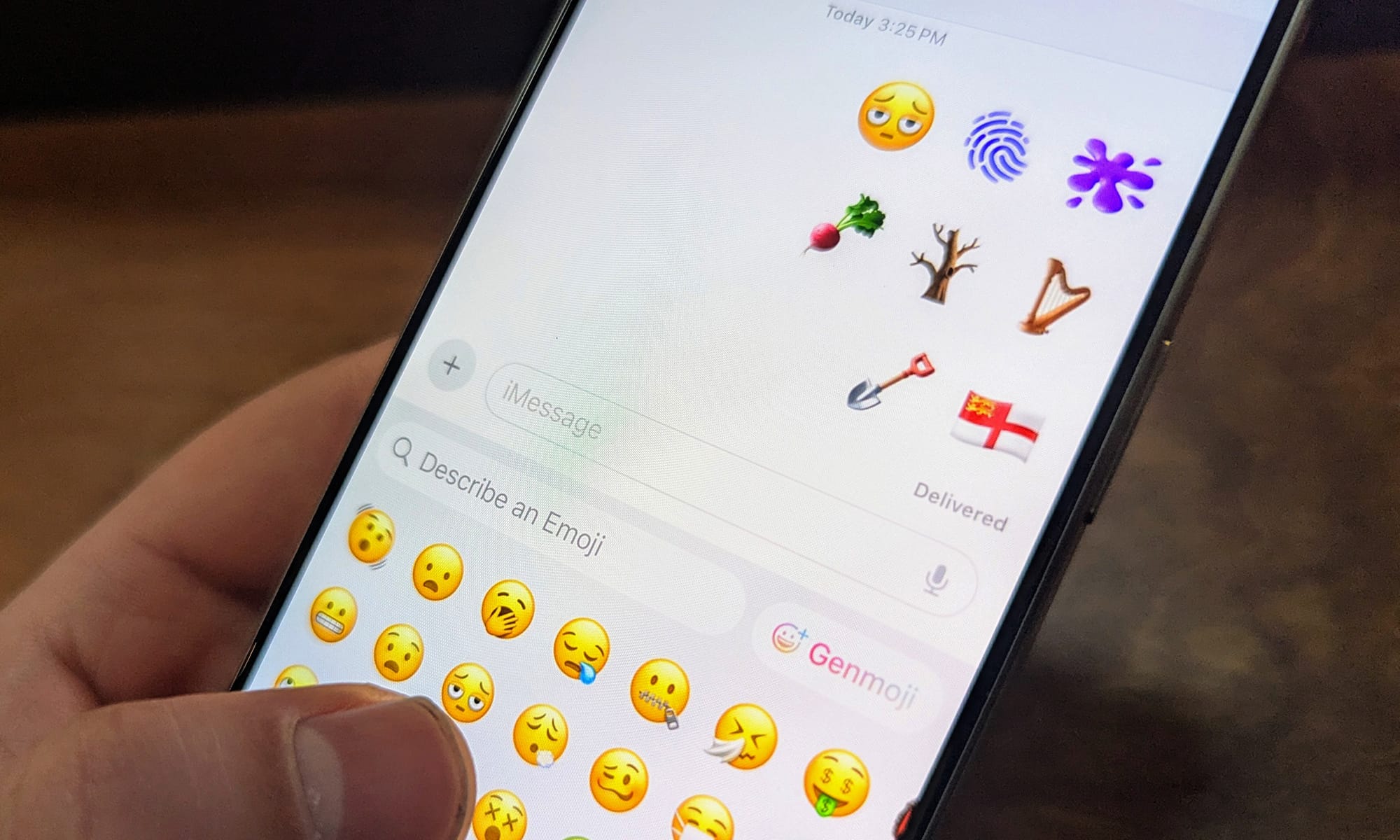Imagine having a digital assistant that doesn’t just answer your questions but actively goes out, explores the vast expanse of the internet, and gets things done for you. Sounds like science fiction, right? Well, Microsoft has just blurred the lines between fiction and reality with its latest update to Copilot. This isn’t just another incremental improvement; it’s a fundamental shift in how we interact with AI, and it’s poised to change everything.
For those unfamiliar, Microsoft Copilot is the company’s AI-powered assistant, designed to help users be more productive across various Microsoft products. Initially, its capabilities were somewhat limited to the information it was directly fed or trained on. But now, the game has changed. Copilot can now independently browse the web, gather information in real-time, and even perform actions on your behalf.
Think about the implications for a moment. Need to find the best deals on flights to your next vacation destination? Copilot can now scour airline websites, compare prices, and present you with the top options. Want to research the latest advancements in renewable energy? Copilot can navigate through scientific journals, news articles, and government reports to compile a comprehensive summary. The possibilities seem endless.
This isn’t just about convenience; it’s about unlocking new levels of productivity and access to information. Consider a student working on a research paper. Instead of spending hours sifting through countless websites, they can now task Copilot to gather relevant data and sources, freeing up their time to focus on analysis and writing. Or imagine a small business owner who needs to track competitor pricing. Copilot can automate this tedious task, providing valuable insights that can inform business decisions.
Microsoft has been relatively quiet about the exact mechanisms behind this new functionality, but early reports and demonstrations suggest a significant leap in Copilot’s intelligence and autonomy. It’s not simply performing keyword searches; it appears to understand context, evaluate the credibility of sources, and synthesize information in a meaningful way. This suggests a sophisticated integration of natural language processing, machine learning, and web crawling technologies.
To ensure accuracy and prevent the spread of misinformation, Microsoft has emphasized the importance of fact-checking within Copilot’s Browse capabilities. While the specifics of this process haven’t been fully disclosed, the company claims that Copilot will prioritize reputable sources and cross-reference information to provide users with reliable results. This is a crucial aspect, as the ability to browse the web also comes with the responsibility of navigating a landscape filled with varying degrees of accuracy.
This update also opens the door for Copilot to perform actions beyond just information retrieval. Imagine asking Copilot to schedule a meeting with a client based on their availability found on their company website, or to order groceries online based on your usual preferences and dietary restrictions. While these specific functionalities might not be available immediately, the underlying technology now exists within Copilot to make them a reality in the near future.
The potential impact on how we work, learn, and interact with technology is immense. Copilot is evolving from a helpful assistant to a proactive partner, capable of taking on complex tasks and freeing up our mental bandwidth for more creative and strategic endeavors. This could lead to significant gains in personal and professional productivity, allowing us to accomplish more in less time.
However, this advancement also raises some important questions and considerations. How will Copilot handle situations where information is conflicting or ambiguous? What safeguards are in place to prevent it from being used for malicious purposes, such as spreading misinformation or engaging in harmful online activities? These are crucial questions that Microsoft and the broader AI community will need to address as this technology continues to evolve.
Despite these concerns, the potential benefits of Copilot’s newfound web-Browse and action-taking capabilities are undeniable. It represents a significant step forward in the evolution of AI assistants, moving beyond simple chatbots to become truly intelligent and autonomous agents. This update has the potential to reshape how we interact with the digital world, making information more accessible and tasks more manageable.
As we continue to explore the possibilities of this enhanced Copilot, one thing is clear: the future of AI assistance is here, and it’s more capable than ever before. Keep an eye on this space, as Microsoft’s Copilot is poised to become an indispensable tool in our increasingly digital lives. This isn’t just an update; it’s a glimpse into a future where AI truly works alongside us, augmenting our abilities and helping us achieve more than we ever thought possible.










Add Comment